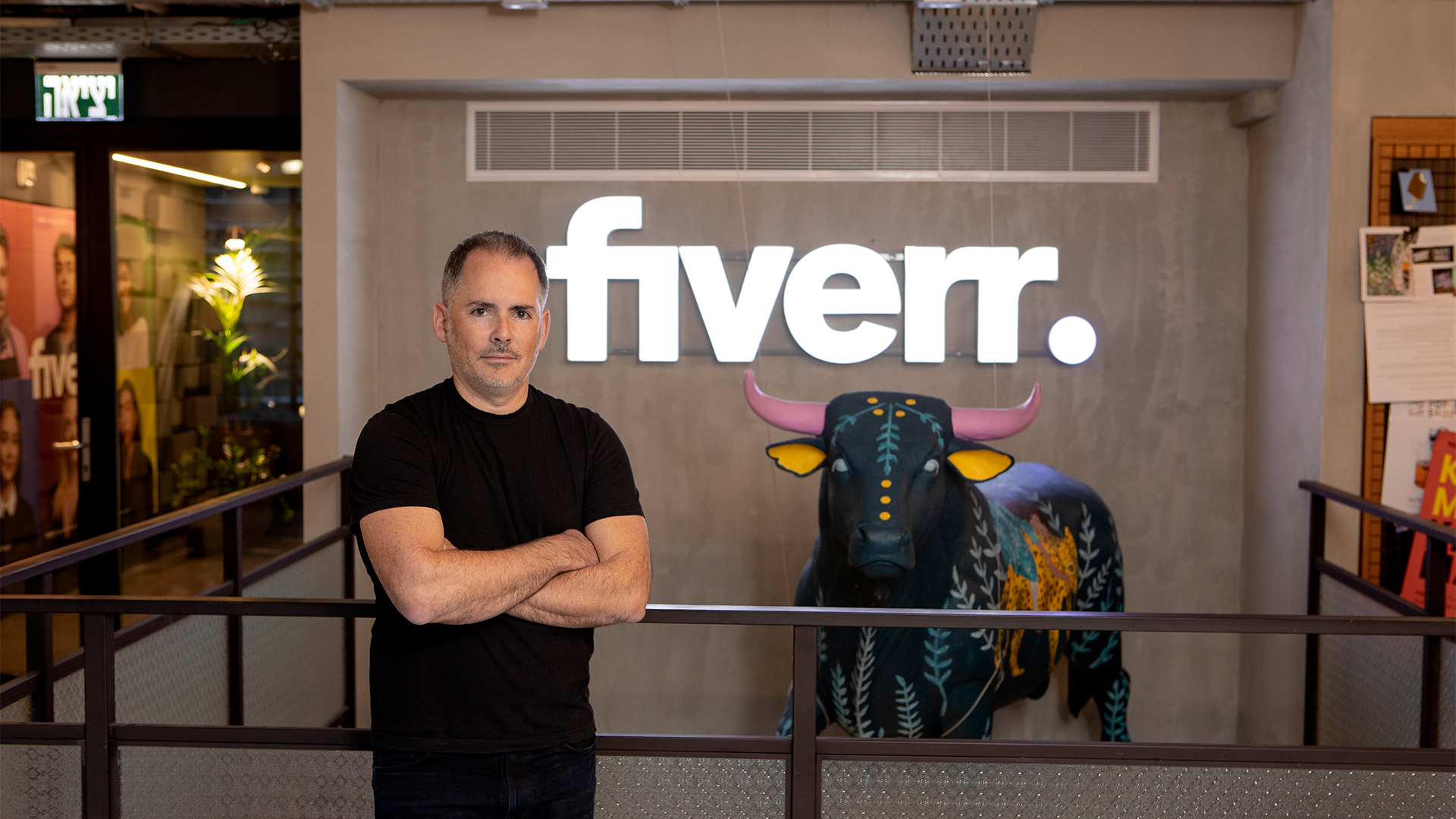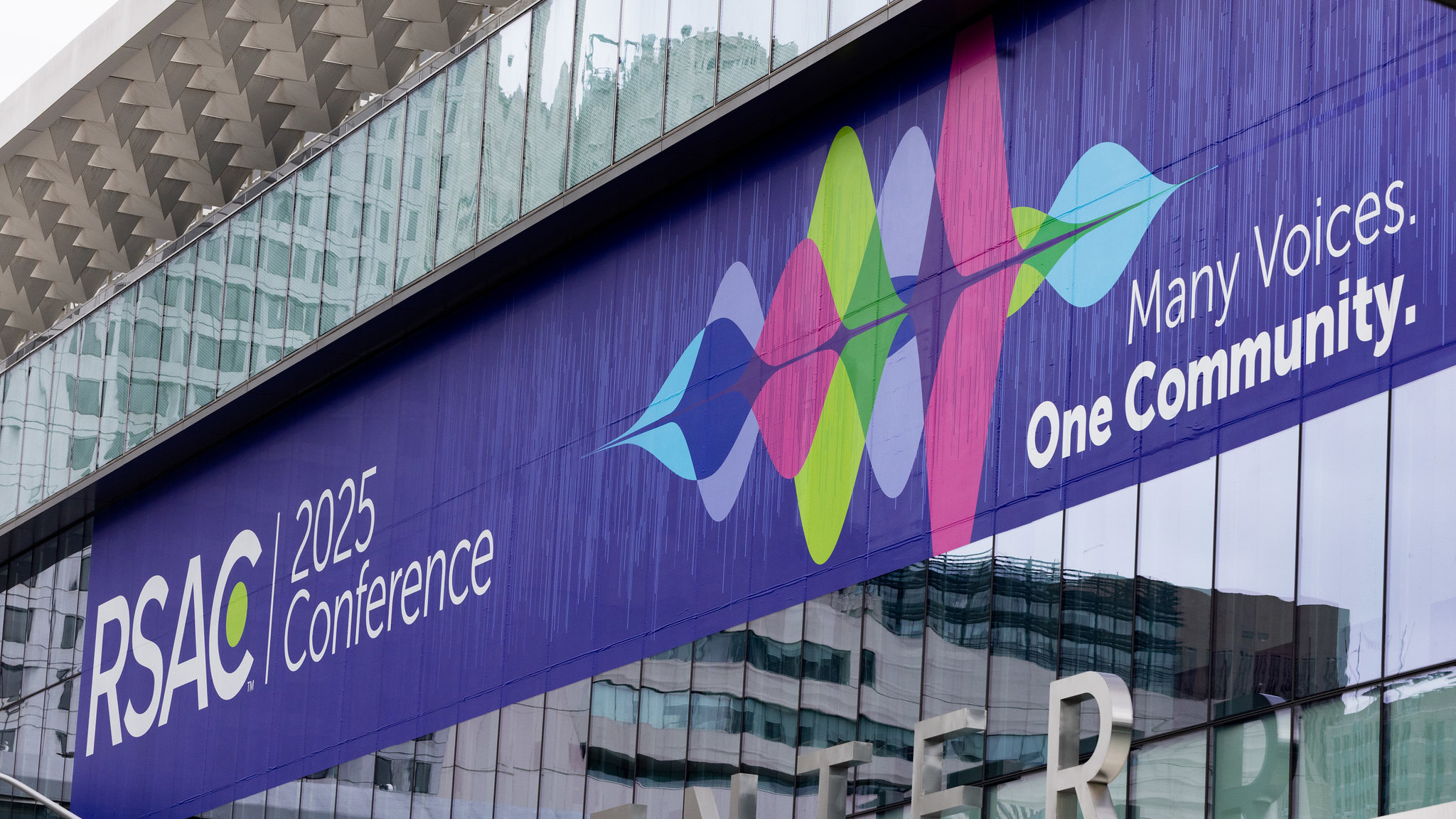Microsoft says there’s an AI divide brewing – here’s how enterprises can get on the right side
Research from Microsoft reveals AI optimism is being hampered by a lack of strategy


An AI divide is brewing in the UK, according to research from Microsoft and Goldsmiths University, with many enterprises lacking an AI strategy despite understanding its importance.
Over half (54%) of surveyed business leaders report a lack of any formal AI strategy, while less than half (45%) claim to understand the AI skills they need for their workforce to be successful.
Exactly 50% of surveyed respondents described a gap between AI ambition and action in their organization.
The report stated that UK firms risk getting “stuck in neutral” when it comes to AI adoption, with barriers of skills, strategy, and trust meaning that only 20% of organizations have scaled AI adoption.
Conversely, nearly three-quarters (72%) expect AI agents to be fully integrated into their operations. 8% predict this full integration to take place within 6 months, 21% expect it within 12 months, and 39% expect it within two years.
Over two-thirds (69%) also think AI agents will have a positive impact on innovation in their industry over the next five years, while 53% think this technology will benefit the nation's economy.
“There's a really clear understanding that this is going to be happening to us and then there's, in parallel to that, the idea that, ‘but we're not necessarily prepared, because we haven't got these foundational elements in place,’” Dr Chris Brauer, director of innovation at Goldsmiths and lead on the research paper, told ITPro.
Get the ITPro daily newsletter
Sign up today and you will receive a free copy of our Future Focus 2025 report - the leading guidance on AI, cybersecurity and other IT challenges as per 700+ senior executives
“There's a worry that you end up on the wrong side as it were of that notion of an AI divide,” Brauer added.
There is a divide within workforces as well, with over half (57%) seeing a gap between workers who use AI and those who do not in terms of efficiency and productivity. Over a third (36%) claim that workers who use AI frequently are more likely to be recognized or promoted.
What can businesses do?
Businesses need a two-pronged strategy when it comes to AI adoption, Brauer said. The first part of that involves creating alignment between AI and broader business strategies.
“Stop treating your AI strategy like it's something different and distinct from a major driver for the overall business strategy,” Brauer told ITPro.
High-performance organizations have this overlap between business strategy and the overall pursuit of AI innovation, Brauer said. There also needs to be a cultural realignment within businesses towards the AI future, Brauer added.
Organizations can pursue culture, strategy, and technology in tandem to try and move themselves across the divide and get themselves into a position where they are better equipped to leverage the capabilities of AI, Brauer said.
Financially, businesses should place their focus on measurable, outcome-based investments in AI and keenly focus on return on investment (ROI) at the front end.
AI adoption faces an uphill battle
Businesses across the board have faced a host of problems when it comes to AI adoption. A report from Carruthers and Jackson last month found that 26% of firms lack a formal data strategy despite many ramping up AI usage.
The report also found that while 44% reported an increase in conversations around ethical AI, just 13% have turned these conversations into structured AI ethics policies.
Regulatory uncertainty is also an issue, with AWS’ head of AI and generative AI policy Sasha Rubel telling ITPro last year that a lack of regulatory clarity is hampering AI adoption in Europe.
Last summer, 60% of tech leaders told KPMG that concerns around accuracy and hallucinations are their biggest concern when it comes to adopting generative AI tools.
MORE FROM ITPRO

George Fitzmaurice is a former Staff Writer at ITPro and ChannelPro, with a particular interest in AI regulation, data legislation, and market development. After graduating from the University of Oxford with a degree in English Language and Literature, he undertook an internship at the New Statesman before starting at ITPro. Outside of the office, George is both an aspiring musician and an avid reader.
-
 Microsoft just hit a major milestone in its ‘zero waste’ strategy
Microsoft just hit a major milestone in its ‘zero waste’ strategyNews Microsoft says it's outstripping its zero waste targets, recording a 90.9% reuse and recycling rate for servers and components in 2024.
By Emma Woollacott
-
 CyberOne appoints Microsoft’s Tracey Pretorius to its advisory board
CyberOne appoints Microsoft’s Tracey Pretorius to its advisory boardNews The threat intelligence leader will provide strategic guidance to CyberOne’s executive team
By Daniel Todd
-
 ‘AI is coming for your jobs. It’s coming for my job too’: Fiverr CEO urges staff to upskill or be left behind
‘AI is coming for your jobs. It’s coming for my job too’: Fiverr CEO urges staff to upskill or be left behindNews The latest in a string of AI skills warnings has urged staff to begin preparing for the worst
By Ross Kelly
-
 Anthropic ramps up European expansion with fresh hiring spree
Anthropic ramps up European expansion with fresh hiring spreeNews Anthropic has unveiled plans to further expand in Europe, adding 100 roles and picking a new EMEA head.
By Nicole Kobie
-
 "I LOVE this company!" Looking back on 50 years of tech giant Microsoft
"I LOVE this company!" Looking back on 50 years of tech giant MicrosoftOpinion There have been highs, lows, laughs and lots of success in the past 5 decades for the Redmond-headquartered firm
By Maggie Holland
-
 How simplicity benefits the IT partner ecosystem
How simplicity benefits the IT partner ecosystemSponsored Content Across private cloud and AI adoption, simple approaches can unlock more time and money for IT teams
By ITPro
-
 AI skills training can't be left in the hands of big tech
AI skills training can't be left in the hands of big techNews Speakers at Turing's AI UK conference lay out challenges to AI skills readiness
By Nicole Kobie
-
 The role of AI and cloud in true digital transformation
The role of AI and cloud in true digital transformationSupported Content Both cloud computing and AI technologies are vital to pushing your business forward, and combining them in the right way can be transformative
By Keumars Afifi-Sabet

